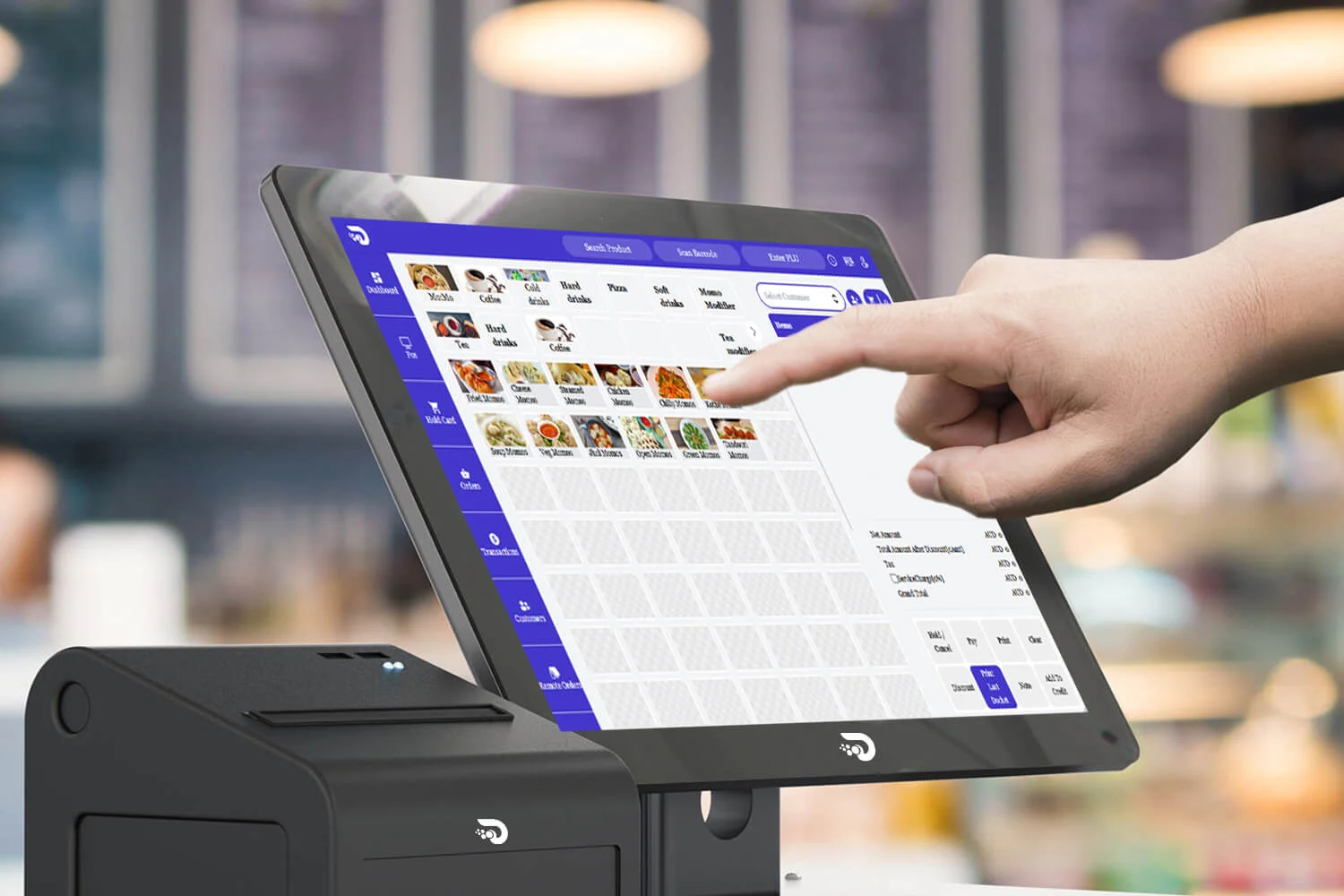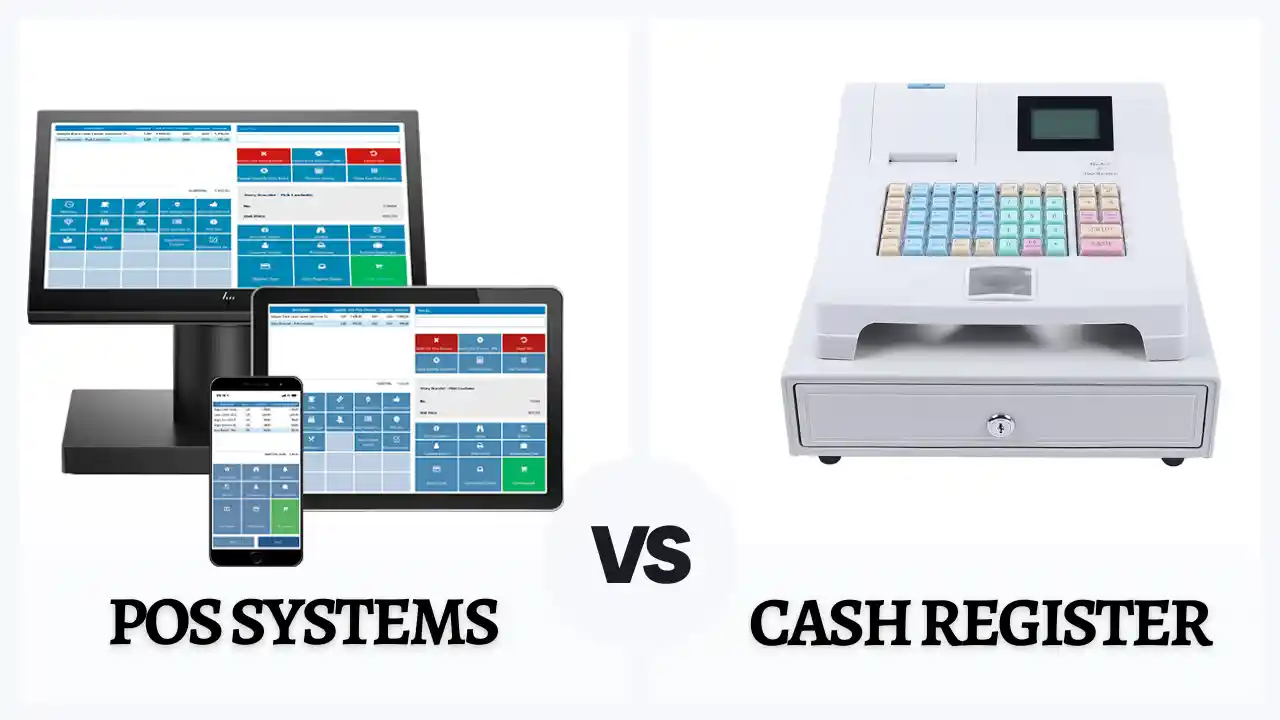The Importance of Data Security in POS Systems

In today’s digital world, businesses rely heavily on technology to streamline operations and enhance customer experiences. Point-of-sale (POS) systems have become an integral part of running businesses, especially in retail, hospitality, and restaurant industries. These systems handle everything from inventory management and sales tracking to customer data and payment processing. However, with the increasing use of POS systems comes a heightened risk of data breaches, making data security a critical concern. Ensuring data security in POS systems is essential to protect sensitive information, build customer trust, and safeguard business operations.
Why Data Security Matters in POS Systems
POS systems are often a hub for sensitive customer information, including credit card details, billing addresses, and personal identifiers. A breach in a POS system can lead to identity theft, financial fraud, and damage to a business’s reputation. As cyberattacks become more sophisticated, hackers target POS systems as a prime source of valuable data. This is why ensuring the security of these systems is no longer an option but a necessity.
The consequences of inadequate data security can be devastating. In 2013, retail giant Target experienced one of the most infamous data breaches through a compromised POS system, affecting over 40 million customers. The company faced massive financial losses, legal battles, and a significant decline in consumer trust. This example highlights the importance of investing in robust data security measures to prevent such incidents.
Key Security Threats in POS Systems
- Malware Attacks: One of the most common threats to POS systems is malware. Attackers may install malicious software on POS terminals to capture and transmit sensitive payment data. This type of malware can operate covertly, making it difficult to detect until the damage is done.
- Skimming: Skimming devices are often attached to POS terminals or card readers to steal credit card information during transactions. While this is a physical threat, it can have significant financial repercussions if left unchecked.
- Phishing Scams: Phishing is a social engineering tactic used to trick employees into revealing login credentials or other sensitive information. Once hackers gain access to the POS system, they can exploit the data stored within.
- Outdated Software: Many businesses fail to regularly update their POS systems, leaving them vulnerable to security flaws and exploits. Hackers are quick to take advantage of outdated software that lacks modern security features.
- Weak Passwords and Authentication: Poor password management and a lack of multi-factor authentication (MFA) are also major vulnerabilities. Weak passwords can be easily cracked, allowing unauthorized users to access the system.
Also read: Future Trends in POS Systems: Innovations Shaping the Retail Industry
Best Practices for Enhancing Data Security in POS Systems
To mitigate these risks, businesses must adopt comprehensive security measures to protect their POS systems. Here are some best practices to consider:
- Encryption: One of the most effective ways to protect data is through encryption. Encryption converts sensitive information into unreadable code, ensuring that even if data is intercepted, it cannot be deciphered by unauthorized parties. End-to-end encryption (E2EE) is particularly effective as it ensures that data is encrypted from the moment it is entered until it reaches its final destination.
- Regular Software Updates: Keeping POS software up to date is crucial for security. Regular updates patch vulnerabilities and provide the latest features to protect against emerging threats. Businesses should work closely with their POS system providers to ensure timely updates.
- Implementing Strong Password Policies: Establishing strict password policies can reduce the risk of unauthorized access. This includes requiring employees to use complex passwords and implementing MFA, which adds an additional layer of security by requiring a secondary verification method, such as a code sent to a mobile device.
- Network Segmentation: Separating POS systems from other business networks can limit the spread of malware and prevent unauthorized access. Network segmentation creates isolated environments, reducing the risk of a full-scale attack.
- Employee Training: Human error is often the weakest link in data security. Providing regular training to employees on how to recognize phishing attempts, use the POS system securely, and report suspicious activity can significantly improve security measures.
- Monitoring and Auditing: Businesses should monitor their POS systems for unusual activity and conduct regular security audits. Automated monitoring tools can detect anomalies in real-time, allowing businesses to take swift action in case of a potential breach.
- Compliance with Industry Standards: Adhering to industry standards like the Payment Card Industry Data Security Standard (PCI DSS) is critical for businesses that handle cardholder data. Compliance ensures that businesses follow best practices for data security and reduces the risk of breaches.
The Role of Cloud-Based POS Systems
Cloud-based POS systems are gaining popularity due to their scalability, ease of use, and advanced security features. Unlike traditional POS systems, cloud-based solutions store data in secure data centers with robust security measures like encryption, firewalls, and automated backups. These systems are often managed by dedicated IT teams, reducing the burden on business owners to handle security themselves. Cloud-based POS systems also offer automatic software updates, ensuring that businesses are always protected against the latest threats.
Conclusion
Data security in POS systems is crucial for protecting sensitive customer information, preventing financial losses, and maintaining a business’s reputation. With the growing threat of cyberattacks, businesses must take proactive measures to safeguard their POS systems by implementing encryption, regular updates, strong password policies, and employee training. As technology evolves, cloud-based POS systems provide an added layer of security, making them an attractive option for businesses looking to stay ahead of security risks. By prioritizing data security, businesses can create a safer environment for both their operations and their customers.
Visit our site at www.dibtech.com.au
Visit our YouTube channel for tutorials Dibtech






